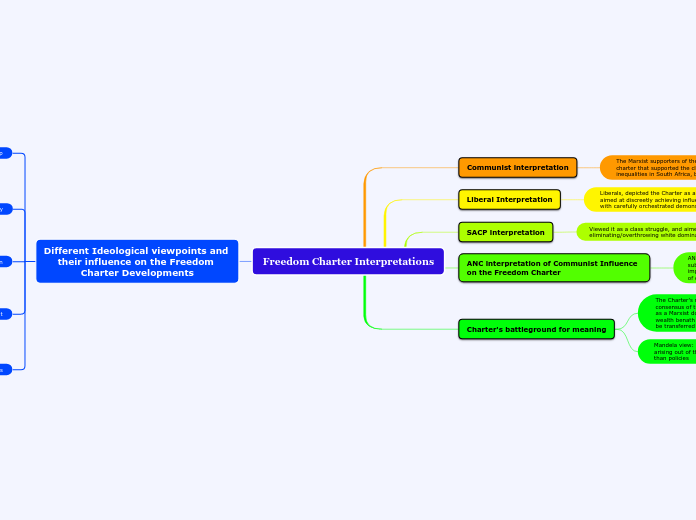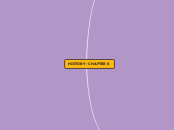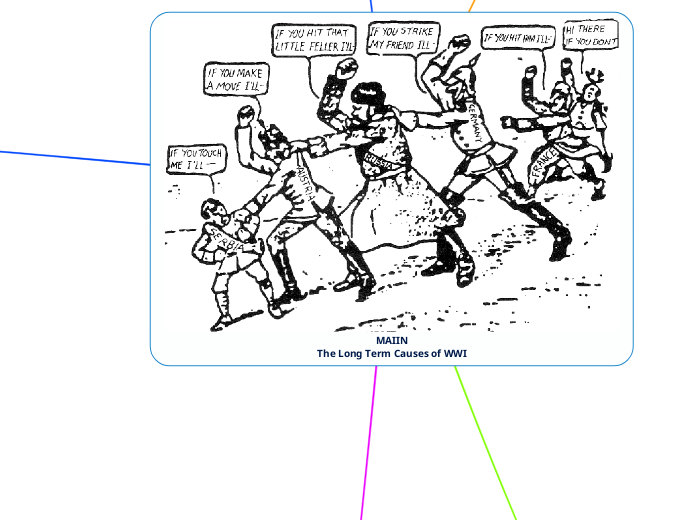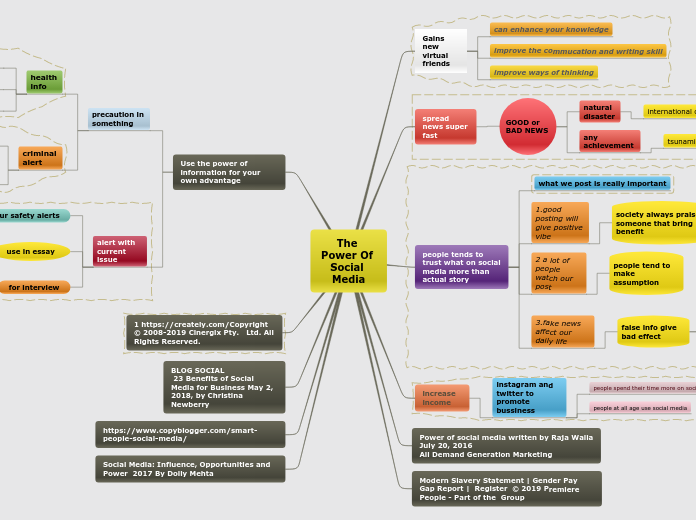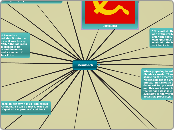por Sarah Murawsky hace 4 años
296
Freedom Charter Interpretations
The Freedom Charter, a pivotal document in South African history, sparked diverse interpretations and reactions across the political spectrum. Liberals perceived it as a communist tactic designed to subtly gain control through a popular front, which led to orchestrated demonstrations.
